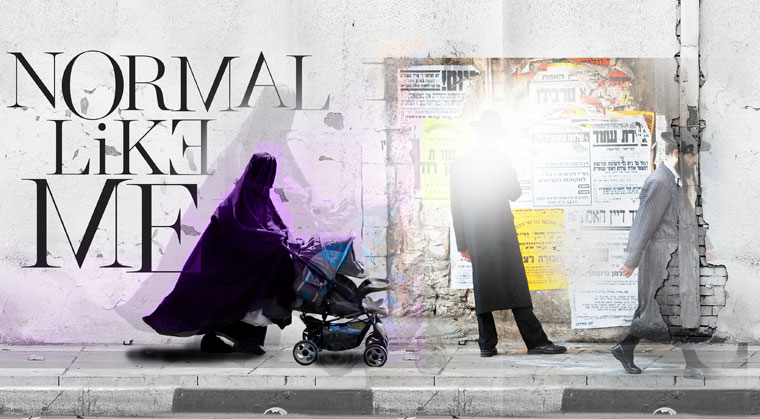Normal Like Me: Chapter 46


"I
hate this village,” Elson said. His black eyes burned with a strange new fire.
“I love this village,” Bernadine replied, stroking him softly. “It’s the loveliest village in the world.”
The two of them sat at the riverside, watching a possum sniff around among the trees. Suddenly the little marsupial noticed them and scampered away in fright.
“My father thinks he can keep me in his pocket, just like that possum keeps its babies,” Elson said bitterly. “But when I get big, I’ll run far away. I’ll go to Wewak, and from there to Port Moresby — and then I’ll go to America!”
“To America!” Bernadine tried to look amused. “Did you lose something there, in America?”
“I’ll go to school there, and I’ll learn so-o-o much.” He spread his arms out wide. “I’ll learn everything that Papa won’t let me learn now.”
Bernadine listened quietly.
“They’re having a meeting tonight. It’s called a parent-teacher meeting,” Elson said. “Mr. Hendricks is coming to the village with his assistant, the man with the carrot head. Did you ever see a white person with a carrot head?”
Bernadine laughed. “Yes. In Jerusalem and in America I saw lots of them.”
“They have spots all over their faces, too. White skin with brown spots… that’s funny.”
“A lot of white people have them. They’re called nemashim.” Realizing she’d said the Hebrew word, Bernadine took the opportunity to lead the conversation away from the village school meeting — the whole reason she had taken the boy for a walk by the river was to spare him from seeing the preparations for the gala occasion. “That’s a Hebrew word, nemashim. In English, they’re called freckles,” she said, as if imparting a major piece of information.
But white people’s freckles weren’t fascinating enough to take Elson’s mind off the school he couldn’t attend. “You know what they’re doing now?” he asked, his voice urgent. “They’re putting up decorations in the square by the House of Spirits. There’s going to be a ceremony. And all the mothers and fathers are going to come to see what the children are learning in school. Barbie said Sister Sylvia is coming, too. She’s bringing a computer, and she’s going to show the parents all the nice things the girls are learning.”
Moses, Bernadine’s second-oldest brother, had already surrendered. When his little girl Barbie started complaining every day about being left at home with the babies, he began to think that school wasn’t all that terrible. And a week later, her mother packed her a lunch of pancakes and bananas, and her father walked her over to the dock to board the ferry with the rest of the schoolchildren. Most of the young parents were of the same mind. After all, there was a world out there, and the school was teaching the kids things they needed to know.
But Elson’s father stood adamantly by his principles. “My children will not go to school. We don’t need school,” he kept saying. “The white man has nothing to teach us.”
Bernadine’s efforts to calm Elson were getting nowhere. “I’ll run away and never come back!” he shouted. “I don’t need a father like that!” (Excerpted from Mishpacha, Issue 712)
Oops! We could not locate your form.



